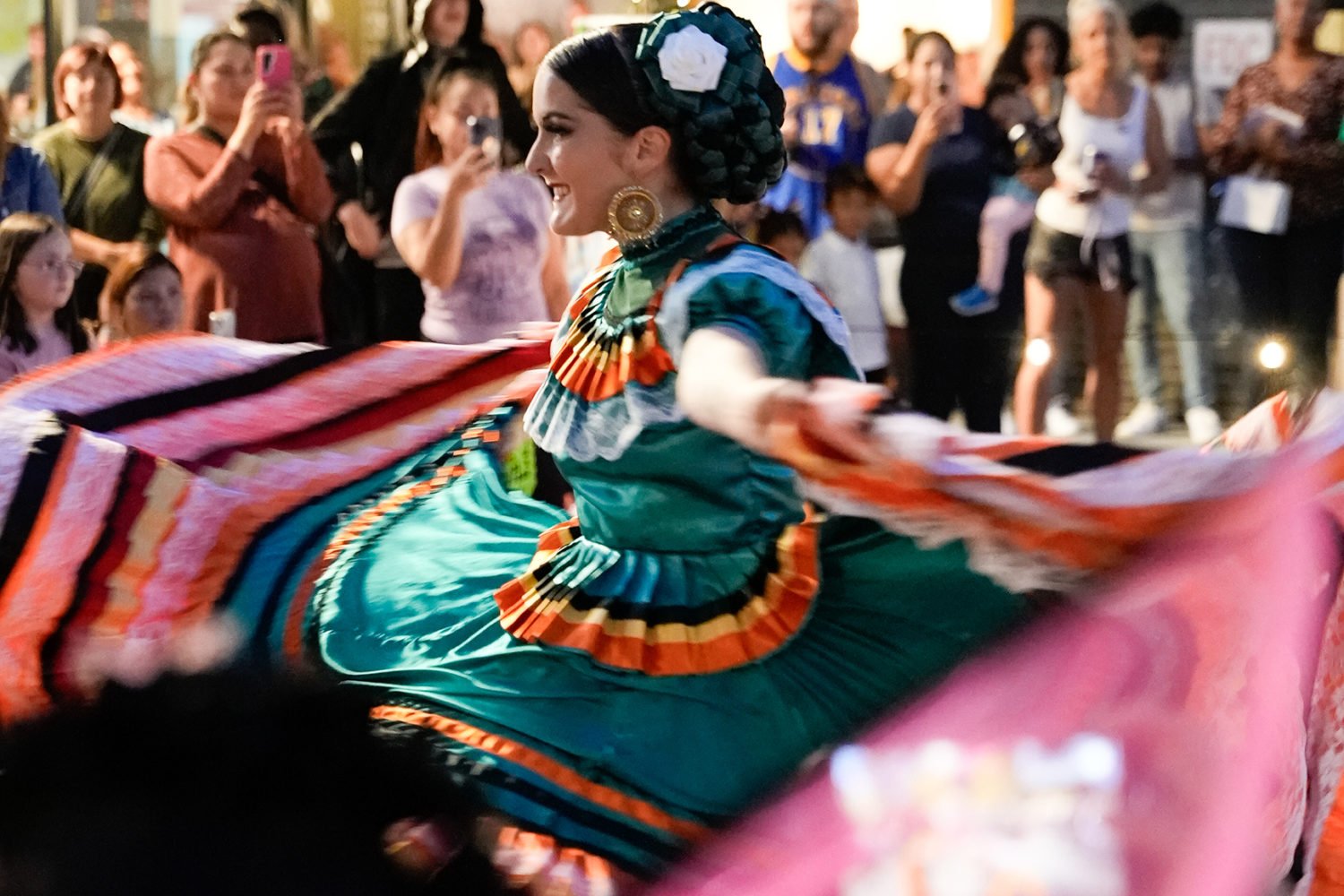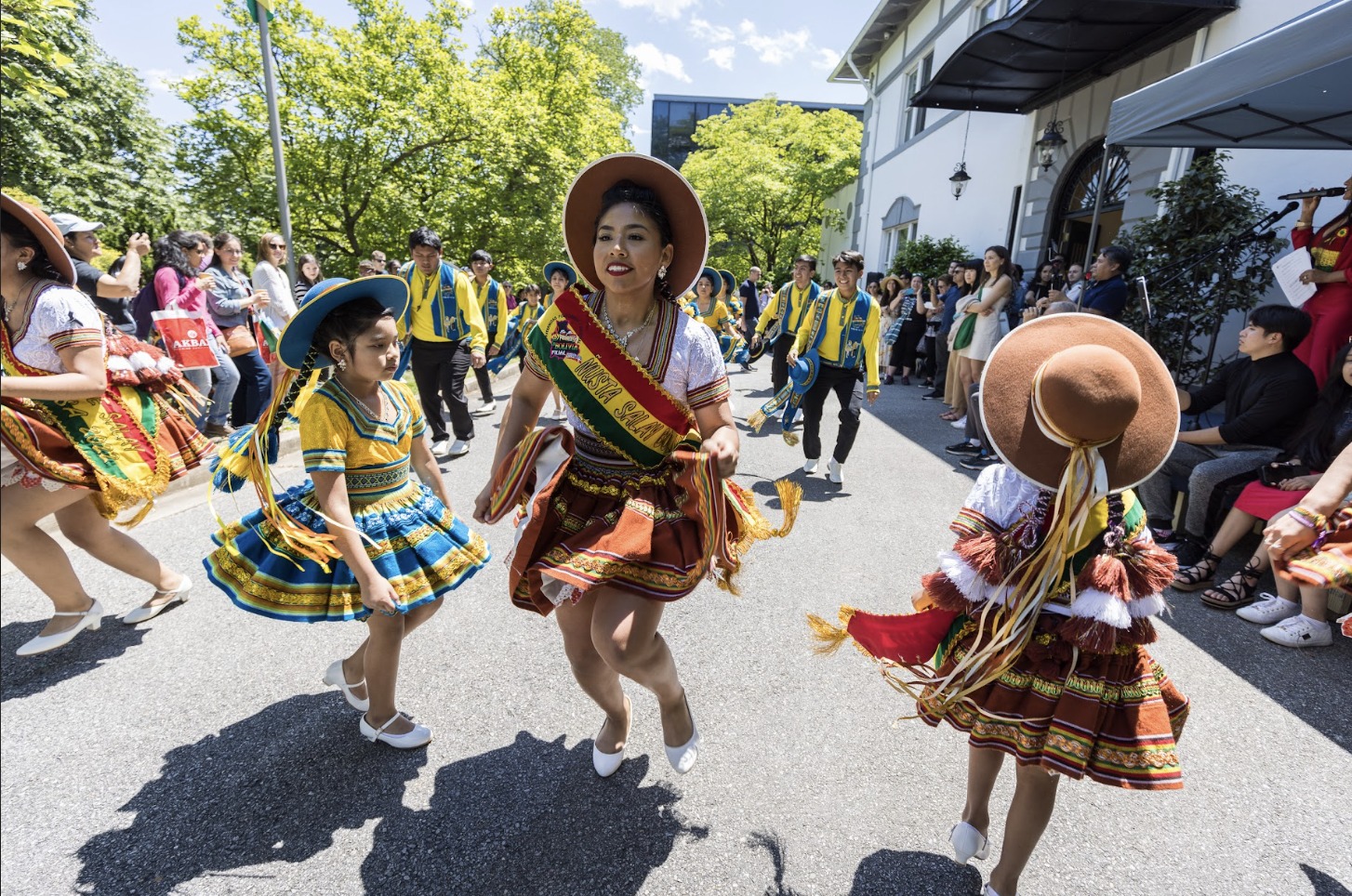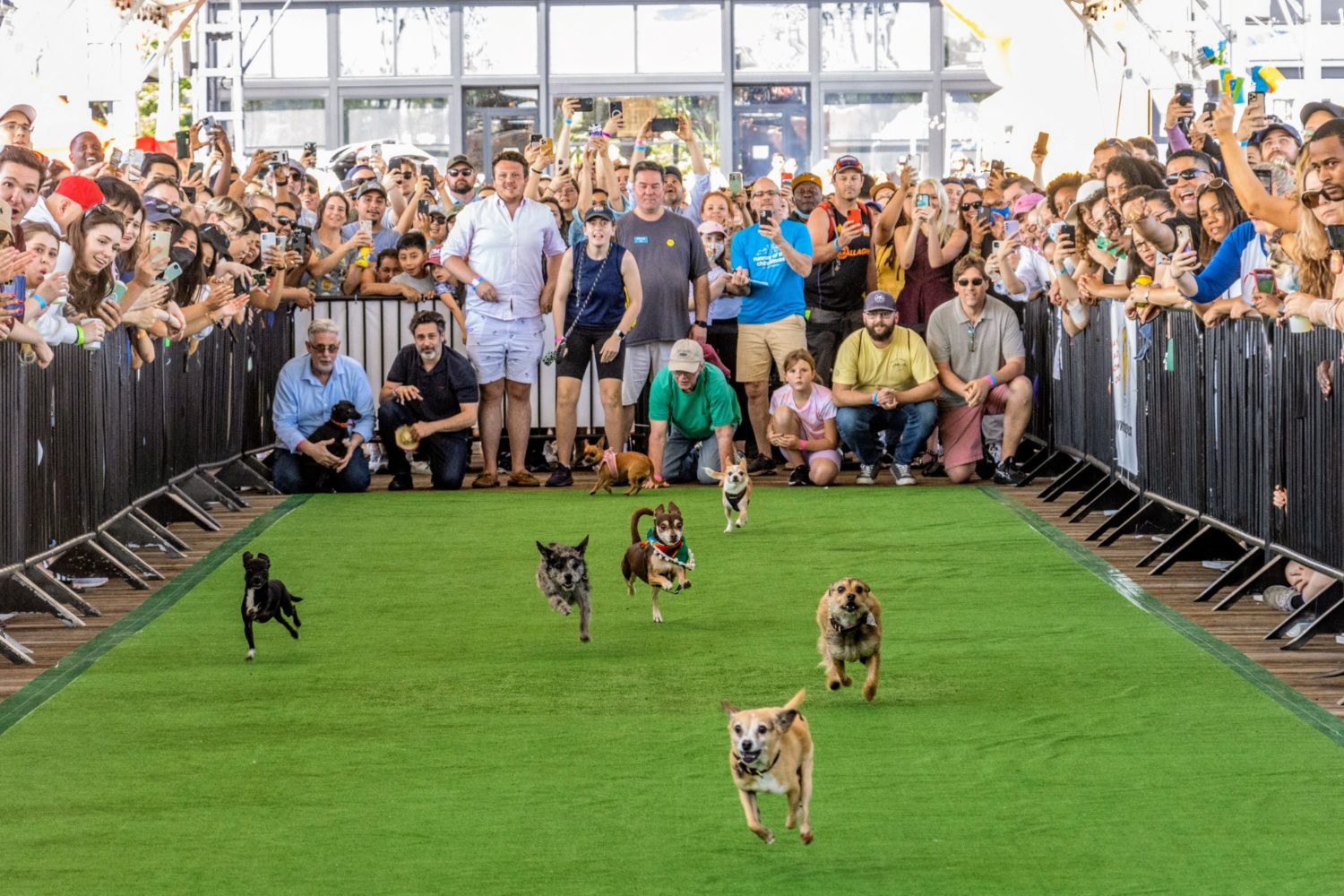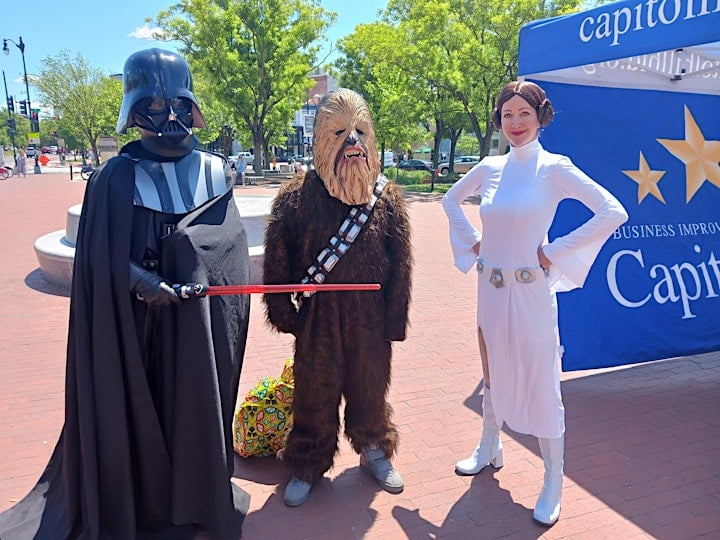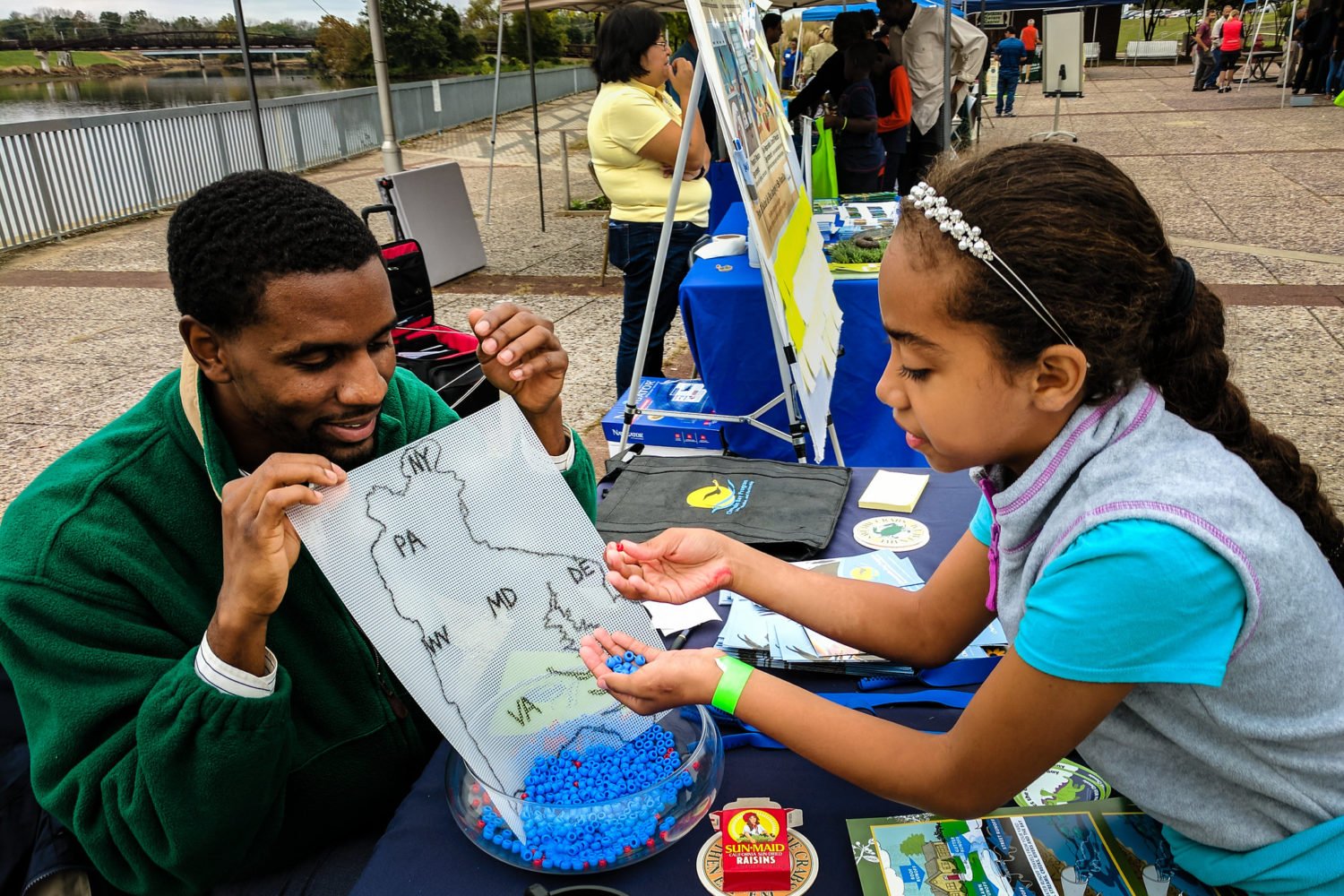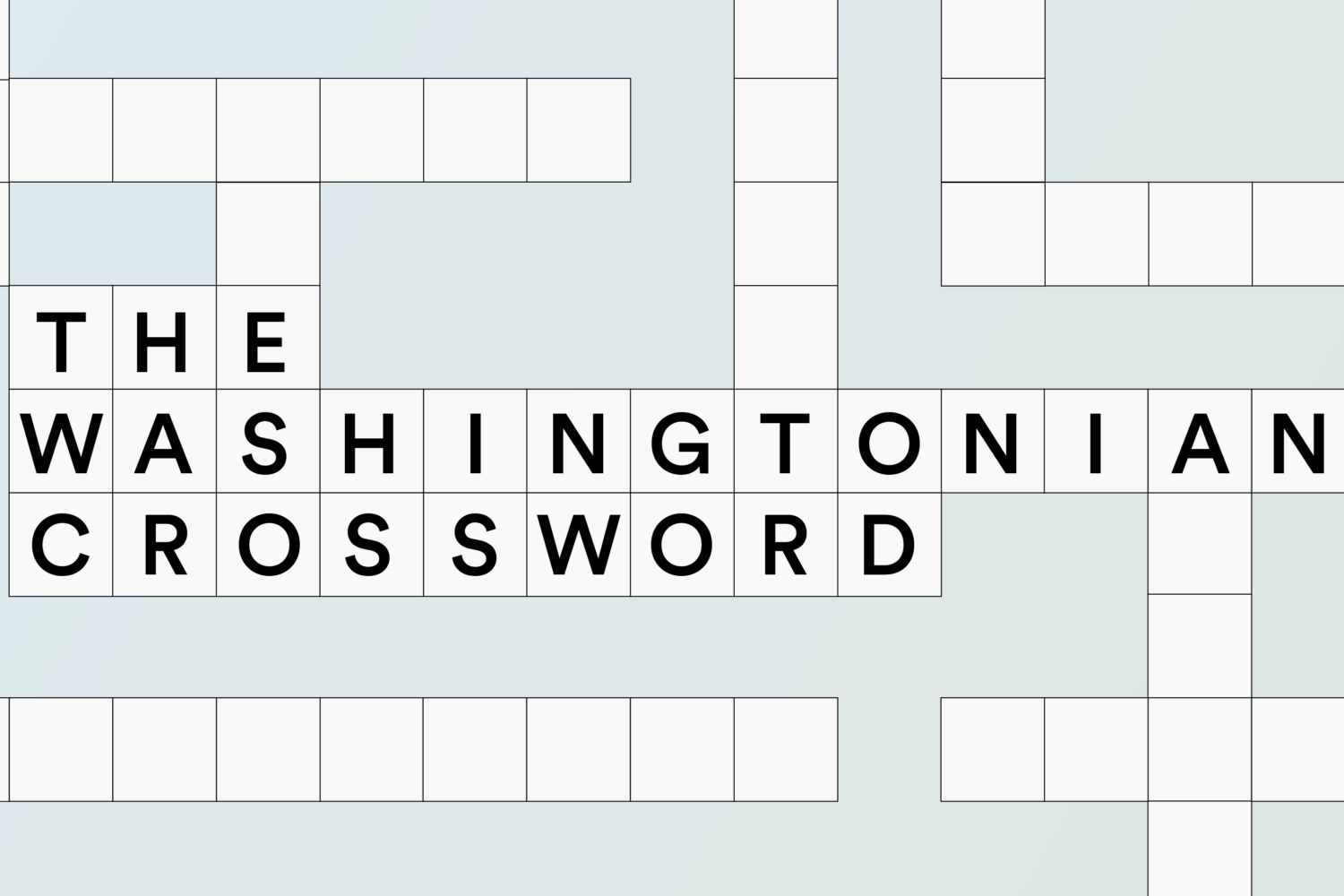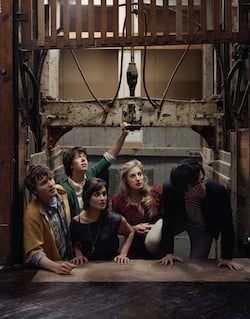
Ra Ra Riot didn’t last long as a college party band. Mere months after forming at Syracuse University in 2006, the group played the CMJ Music Marathon in New York City and drew enough buzz to garner both label attention and flattering write-ups from publications such as Spin. A handful of world tours and six official releases later, Ra Ra Riot is now successful enough to spawn their own side projects, including a solo album by bassist Mathieu Santos and Discovery, an electronic-based R&B collaboration between singer Wes Miles and Vampire Weekend’s Rostam Batmanglij. This Wednesday, Ra Ra Riot brings their original formula of soaring orchestral strings and driving rock guitars to the 9:30 Club. We spoke with founding guitarist Milo Bonacci prior to the show about writing music in a peach orchard, contending with the band’s side projects, and what to expect from the next record.
When did you first pick up the guitar?
I think it was in fifth grade or so. I was ten years old. There were a few guitars floating around my house; my dad was a casual player, so I always had access to them. I started by learning a few chords and have been playing ever since.
As a college band at Syracuse, what kind of gigs did you get?
We were basically only together for one semester while we were all at school. At first we were playing at our friends’ houses and various parties, basements, and living rooms. As the semester progressed, we got asked to do more official university-related events on campus. But it really started with playing for our friends and then eventually reaching beyond Syracuse.
Was there a moment where you thought, Hey, we can really make a go with this ?
I think for all of us, that moment came almost a year after we first formed. That was at CMJ in 2006. We were thrilled to be a part of CMJ and be among the thousands of bands participating. I don’t think any of us had any expectations going into that. We were surprised we got any attention at all. And that was really the beginning of us building our team. That’s how met our lawyer and our booking agent. Those were the first people to come into the picture, and they’ve been with us ever since. Going into that with no expectations and then coming out with these little things made us reevaluate the possibilities of what we were trying to do. It went from a hobby to a potential career at that point.
Two albums and four EPs later, what sort of direction and sound do you see the band evolving toward?
I don’t really know if it’s a direction or just the way we work, which is changing. We’re starting to work on our third record right now, but I think it’s a little too soon to say what it’s going to sound like. It’s not really until it’s all mixed and mastered that we can sit back and get a better sense of it. It’s more just a difference in approach and the way that we’re going to approach this next record that will determine the development of the sound.
What do you mean by a difference in approach?
When we were first writing songs together, we worked very quickly, trusted our gut instincts, and just played what came naturally. As time goes on, there’s more pressure, and you reevaluate and overthink things. If anything, we want to make an effort to not overthink anything and get back to what made us work early on and what got us excited back then. Trusting our instincts is really more important than anything.
The Orchard was written in a secluded environment, a peach orchard in upstate New York. How did that experience transfer to the songwriting?
We were really isolated while working up there. It was a much more introverted process. I think it was also really satisfying at the time, and that was a reaction to three straight years of nonstop touring and playing songs for The Rhumb Line and recording The Rhumb Line. The opportunity to hide out on a peach farm was definitely welcome and a huge change of pace. It gave us a chance to step back. Going into this third record, we would probably do something different. The ways things unfold are sort of just reactions to the time and context. I don’t know if we’d do it again, but it was fun and satisfying.
You mentioned you’ve been working on a new record. Where have you been writing that? And have you started recording?
We haven’t started recording it. We have a practice space in Brooklyn now that we use whenever anybody’s around. It’s not formally planned or anything, but some of us might just go hang and make some noise for a while spontaneously and get that into our schedule. It’s a little more casual that way. I guess we haven’t really had a big chunk of time dedicated to writing yet, but that will probably be coming sometime soon. We’re looking to record early next year.
Your bassist, Mathieu Santos, recently released a solo album, Massachusetts . That title comes from a track originally on The Orchard, right?
Yes, that’s one of his songs that he introduced to us when we were getting stuff ready for The Orchard. It exists in a few different versions. It’s one of his originals, and I think it just took a few directions simultaneously.
I heard Turtable.fm crashed when the album was being previewed—were you a part of that?
Yes, we were all involved in that. I don’t know if the crash was directly because of us or just a coincidence, though.
Mathieu and Wes have both embarked on solo projects. It seems like you’re due for one.
I’ve been thinking about that. I don’t know if I would do a solo project or put out an album per se, but I’ve always been interested in making other sorts of music, so we’ll see.
How do outside projects like Discovery and Mathieu Santos affect the band? Do you ever hear a song you wish they had saved for Ra Ra Riot?
No, I think it makes sense to all of us. If Wes has a song that he thinks is better for Discovery, chances are everyone’s going to agree with him. Everyone’s very supportive of one another, so I don’t think there’s ever any sort of tension in that sense. Discovery has a version of “Can You Tell,” and Mat’s album has a version of “Massachusetts,” so we’re okay if there’s some crossover.
Where a majority of indie rock bands today tend to skew towards various niches, you guys have a sound that is instantly appealing. Is there a conscious effort to construct something less for an audience of 50 people and more for a mass of 50,000?
Not consciously. I think that happens with most bands whether they want it to or not. As soon as playing music becomes your livelihood, that’s going to affect decisions you make. It’s not as if we sit back and discuss what we think everyone’s going to like. I think if anything, it’s a fairly selfish process, writing and playing things that we like or want to play—songs we feel good about performing 200 nights a year. I think those other things happen on a secondary or a more subconscious level. I’d be lying if I said we never consider whether an audience is going to like a song. Obviously, that has to factor in some amount, but mostly the musical choices we make are just for our own motivation or satisfaction.
I tend to think of “Dying Is Fine” as the signature Ra Ra Riot song. Is it still a staple of your live show?
There are only a few occasions we haven’t played it. It’s also one of the very first songs we wrote as a band. It’s kind of the spark that started things and that made me want to find other musicians to play with. That’s how we actually came together in the very beginning.
Do you have a checklist of milestones as a band? For example: sell out a show, sell 50,000 copies of a record, play on national television. You guys have accomplished all those already. Is there anything left to cross off?
The funny thing is we actually did have a checklist that we made when we were together for about two weeks, and I think we actually crossed everything off it. There was never any physical list. It was just this mental list of goals. I think the ultimate thing we could think of at the time was to play Japan, and now that we’ve done that, we’re just happy and satisfied. When we made that initial list, it was during a joke conversation that none of us took seriously. It was just a hobby and something to do in the beginning. When those things actually started materializing and happening, it made us reevaluate everything.
Are there any goals for the next record?
There are a lot of various personal and artistic sorts of abstract goals, but there are always new places to go, and it’s always exciting to play in a new city and country. If we get to travel to a new city or country with the next record, that would be great.
Ra Ra Riot plays the 9:30 Club on Wednesday, October 26. Doors open at 7 PM. Tickets ($20) are available at 930.com.










